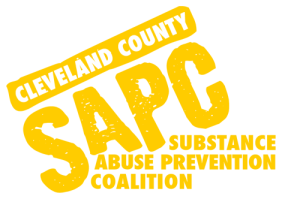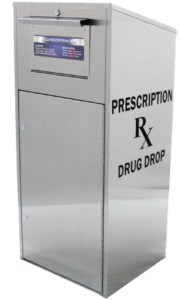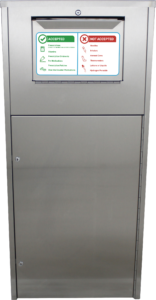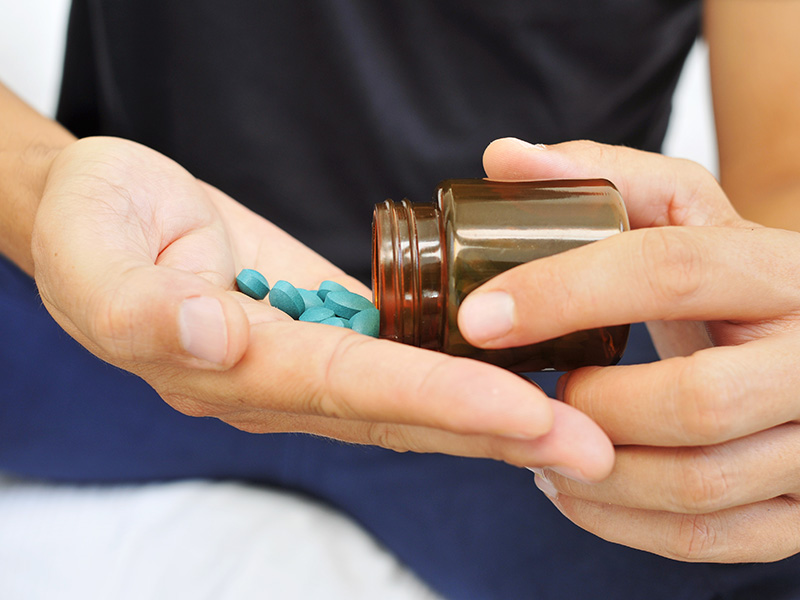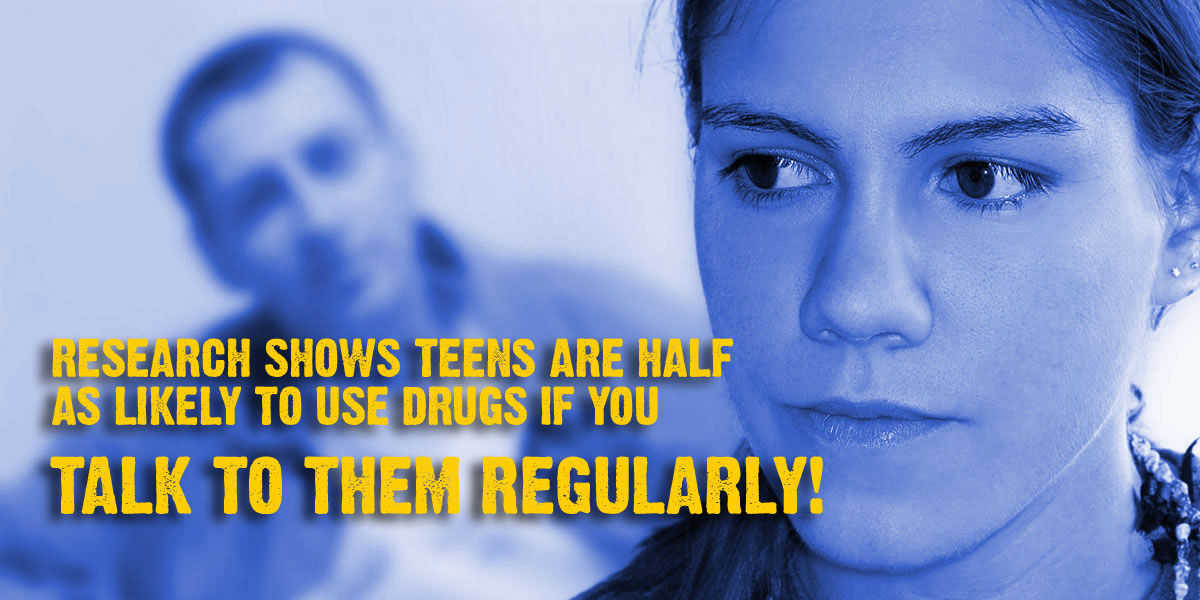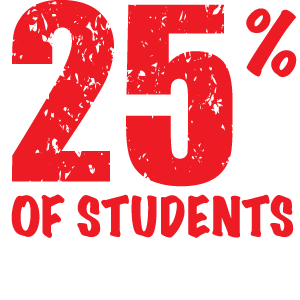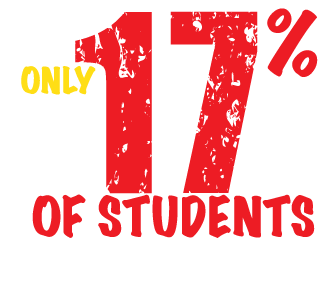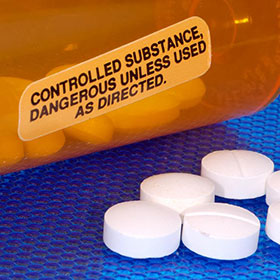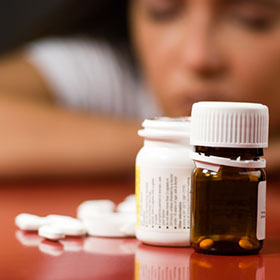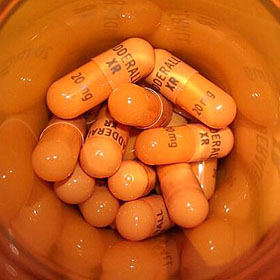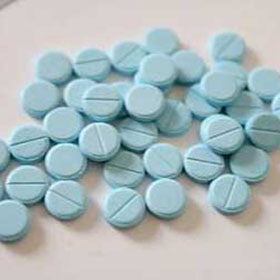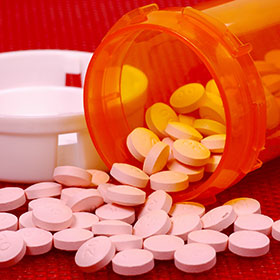Tell Your Teen What You Expect
It’s important that your kid and/or teen knows what you expect. Make it clear that you do not want any alcohol and drug use in your house. Tell your child that there will be consequences for using drugs. As your child enters middle school and high school, he/she will be at a greater risk of using drugs and alcohol if you have not made your expectations clear. Kids and teens need to know where you stand. Here are some clear ways you can tell your child what you expect:
“I’ve been thinking lately that I’ve never actually told you this: I don’t want you using marijuana, alcohol, tobacco or any drug. The rule in our house is that nobody uses drugs. “
Set Rules
Even though your kids/ teens are getting older and spending more time without you, it’s more important than ever to set rules and expectations. Setting a firm rule of no alcohol, tobacco, marijuana or other drug use will help your child resist pressures to use drugs.
When Your Child Breaks the Rules
Parents need to enforce rules consistently and fairly. When rules are broken, some possible consequences could include:
- Restricting Internet, television or video game use
- Suspending outside activities, such as going to the mall or movies
- Disallowing telephone calls
- Suspending use of cell phones
- Suspending driving privileges if old enough to drive
Risky Situations
Let your kids/teens know that you do not want them in risky situations. Tell them:
“I don’t want you riding in a car with a driver who’s been drinking or using drugs like marijuana. It’s my job as a parent to keep you safe, so I’m going to ask you questions about who you’re with and what you are doing. “
Giving Advice on Avoiding Risky Situations
Here are some lines you can give your kids to help them stay away from risky situations:
“I don’t really want to do that. Let’s play basketball instead [or suggest another activity that you would like to do].”
“My dad (or mom, grandmother, etc.) would ground me if he (or she) knew I was around marijuana (or another drug).”
“No, thanks. It’s not for me. “
“I don’t do drugs. I could get kicked off the team if anyone found out. “
Be Aware of Messages That Encourage Drug Use
Many parents are concerned about messages on television, in movies and music that encourage or trivialize drug use and that fail to show the harm of using drugs.
You can set rules about what your teens watch on television and movies they see. Most cable companies allow you to set parental controls to prevent your children from being able to watch channels and content you do not approve of. Contact your cable provider or research online to see what your parental control options are.
If your child has access to devices that connect to the Internet from computers to smart phones and even gaming consoles, you should let your children know that you are in charge of their time online. Parental controls are available for Internet access, so your kids cannot access content that you do not allow. Not only can kids/teens find websites that promote drugs, but they can actually buy drugs over the Internet. If your kid/teen spends time online, you may want to consider checking the Internet search history regularly to ensure he/or she isn’t searching for things you do not approve of.
Stay Involved in Your Kid’s/Teen’s Life
Experts say in order to create an environment that helps keep your kids/teens stay away from marijuana and other drugs, you should:
- Get involved in your children’s lives.
- Know what your children are doing – their activities and how they spend their time.
- Know who their friends are.
- Always check in with the parents who are hosting a party your child will be attending.
- Praise and reward good behavior.
Research shows that kids who are not regularly monitored by their parents are four times more likely to use drugs. Before going out, have them tell you WHO they are going to be spending time with, WHAT they will be doing, WHEN or what time they will be at their expected destination and finally, exactly WHERE they are going to be. Every once in a while, check on your kids/teens to see if they are where they said they would be. It’s not pestering, it’s parenting.
A lot of kids/teens get in trouble with alcohol, marijuana and other drugs right after school, from 3:00 to 6:00 p.m. Try to be with your children then, but if you can’t, make sure your child is doing something positive with a trusted adult around: sports, jobs, clubs, after-school programs or faith-based groups. If your children have to be at home, make sure they are doing homework or chores and not hanging out unsupervised with friends. Having positive activities to participate in is important to keeping your children away from alcohol and other drugs.
Catching Your Child with Drugs
If you have caught your child using drugs or “holding” them for a friend, wait until you are calm to talk to your child. Then, tell your child it’s okay to be honest with you, that you want to know the truth. The following phrases can get good communication going:
“I’m really disappointed. You know I don’t approve of drug use.”
“I don’t approve of you using marijuana, alcohol or other drugs.”
Your Child Admits to Having Tried Drugs
The idea is to reinforce the rules about alcohol, marijuana and other drug use while keeping the lines of communication open.
“I’m glad you told me, but let me remind you that drugs get in the way of your being healthy and happy. You can lose your driver’s license. You can get kicked off the team. You can fail at school. “
If your child has admitted to using drugs recently, you might want to ask your doctor or counselor for help.
Your Child Says, “Everyone Is Doing It.”
You say, “I’m not interested in what other kids are doing. I know I don’t want you using alcohol, marijuana or other drugs.” Encourage your child to make better choices about who they choose to hang out with. Help them to understand that the actions and choices of their friends are a direct reflection of how people will see your child.
Your Teen’s Friend or Parent Tried Drugs
You can say, “I don’t want you hanging out with kids who smoke marijuana or drink alcohol. You know that when you’re around people who use drugs, I’m afraid they’ll try to pressure you to use drugs.”
If Your Teen Asks, “Did You Ever Do Drugs?”
It’s important to be honest, but you don’t need to include too many details. If you did use drugs, you can say, “When I was young I smoked marijuana because some of my friends did. I thought I needed to in order to fit in. If I had known then about the consequences, I never would have tried marijuana, and I’ll do everything I can to help keep you away from it. Something bad could have happened to me and I don’t want anything bad to happen to you.”
Calling on Your Community
You and your family are not alone. You can call on your neighbors to join forces with you. Many parents have organized networking groups in their neighborhoods for talking about how to handle problems. Other parents organize alcohol- and drug-free neighborhood events and parties. Your teen’s school has people who can help – guidance counselors, teachers, coaches and other adults. Many parents also find help in their faith communities, and many belong to other community groups. When parents and teens take the time to talk to each other, their lives can be healthier and more enjoyable, and in the process, you’ll be doing your part in helping your teens to grow up drug-free.
